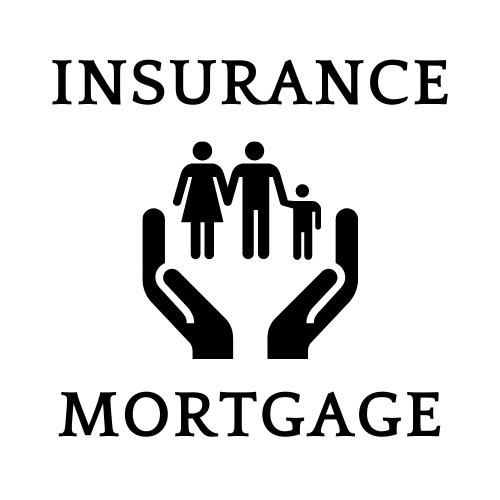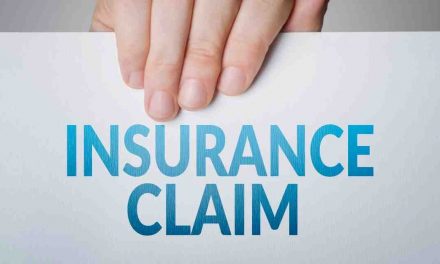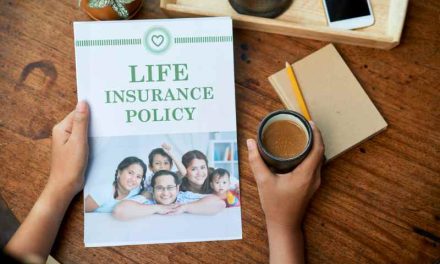The cost of insurance for a modular house may vary based on a number of variables, including the home’s location, size and value, and the kind of coverage you choose. The following factors may influence the cost of insurance for a modular home:
- The age and condition of the property
- The cost of rebuilding the home
- The building materials utilized
- The distance to the next fire station
- The possibility of natural calamities
The area’s crime rate
To acquire a price for insurance on a modular house, contact an insurance agent or firm since the cost might vary greatly based on these and other variables.
Modular houses, also known as prefabricated homes, are gaining popularity owing to their low cost, quick construction, and customized designs. However, insurance is a vital consideration when purchasing a modular house. In this post, we will look at the elements that influence the cost of modular house insurance and what you need to know to ensure you are appropriately insured.
The cost of insurance for a modular house may vary based on various variables, including the home’s location, size and value, and the kind of coverage you choose. The age and condition of the house are two of the most significant elements influencing the cost of insurance for a modular home. Insurance expenses are often cheaper in a modern and well-kept modular house than in an older and badly maintained home.
Another crucial consideration is the expense of rebuilding the house in the case of a tragedy. The materials used in the building of a modular house might significantly influence insurance costs. Homes made of fire-resistant materials, such as steel or concrete, often have lower insurance prices than those made of wood or other flammable materials.
The distance to the local fire station is another issue that might impact the cost of insurance for a modular house. Homes closer to a fire station are less likely to sustain fire damage and, as a consequence, may have cheaper insurance premiums. Similarly, the probability of natural catastrophes such as hurricanes, tornadoes, and earthquakes may influence insurance costs.
The crime rate in the region where the modular house is situated might also influence insurance costs. Homes in high-crime regions may have higher insurance prices owing to the greater risk of theft and damage.
When it comes to coverage, modular houses have a number of possibilities. The most basic coverage is known as homeowners insurance, and it protects both the structure of the house and the personal belongings within the home. This policy often covers protection against fire, wind, and hail damage, as well as liability coverage in the event that someone is hurt on the property.
It is also crucial to consider supplementary coverage, such as flood insurance, which is not normally included in a basic home insurance policy but is necessary for some flood-prone locations. Furthermore, many insurance companies provide extra coverage choices including coverage for detached buildings (such as garages or sheds) and personal property coverage.
Finally, the cost of insurance for a modular house may vary greatly based on a variety of variables, including the location of the home, its age and condition, and the kind of coverage you choose. To acquire a price for insurance on a modular house, it is essential to explore various insurance alternatives and contact an insurance agent or firm.
You can secure your investment and have peace of mind knowing that you and your property are adequately insured if you grasp these considerations and properly insure your modular house.

Meet Krishnaprasath Krishnamoorthy, a finance content writer with a wealth of knowledge and experience in the insurance, mortgage, taxation, law, and real estate industries.





